
Latar Belakang
Pusat Arsip dan Penelitian Budaya Asmat (Asmat Archives) didirikan sebagai respons atas terputusnya hubungan generasi muda Asmat dengan sejarah dan budaya mereka sendiri. Sejak era kolonial dan masa misi gereja, berbagai arsip penting—termasuk foto, catatan, artefak, serta studi etnografi—telah dikumpulkan dan disimpan di luar wilayah Asmat, sebagian besar dalam bahasa asing.
Pada tahun 2021, bersama Pastor Vince Cole, MM, seorang misionaris asal Amerika yang telah berkarya di tanah Asmat selama 43 tahun, Andreas Wahyu dan Rosa Dahlia memulai upaya digitalisasi dan pengarsipan dokumen serta warisan budaya Asmat. Arsip tersebut mencakup tulisan para misionaris awal, hasil penelitian budaya, cerita rakyat, hingga kajian linguistik. Inisiatif ini lahir dari keyakinan bahwa arsip bukan hanya tentang masa lalu, melainkan juga tentang masa depan—sebagai sarana pembelajaran, refleksi, serta penguatan identitas dan kebanggaan masyarakat Asmat.
Pada awal tahun 2025, inisiatif ini memasuki tahap yang lebih matang melalui pembentukan lembaga resmi, setelah sebelumnya berkembang sebagai inisiatif pribadi selama beberapa waktu. Di bawah naungan Ordo Salib Suci, inisiatif ini semakin terarah dalam merumuskan bentuk, tujuan, dan strategi kerjanya. Sejumlah anak muda Asmat, seperti Alberd Bivak, Natalis Subade, dan Martha Mindipko, kemudian bergabung untuk memperkuat dan mengembangkan Asmat Archives.
Who We Are
The Asmat Cultural Archives and Research Center adalah lembaga independen di bawah naungan Ordo Salib Suci. Lembaga ini berfokus pada pelestarian, pencatatan, dan pemanfaatan arsip yang berkaitan dengan sejarah dan budaya masyarakat Asmat. Arsip ini berfungsi sebagai ruang untuk pembelajaran, dialog, dan pembangunan komunitas dengan mengumpulkan, merawat, dan mempresentasikan jejak sejarah Asmat yang tersebar di berbagai tempat.
Kami percaya bahwa arsip lebih dari sekadar dokumen; arsip merupakan jembatan penting yang menghubungkan generasi saat ini dengan warisan leluhur mereka. Melalui inisiatif ini, Pusat Arsip dan Penelitian Budaya Asmat berupaya untuk menghubungkan kembali masyarakat Asmat, khususnya generasi muda, dengan sejarah, identitas, dan pengetahuan lokal mereka.
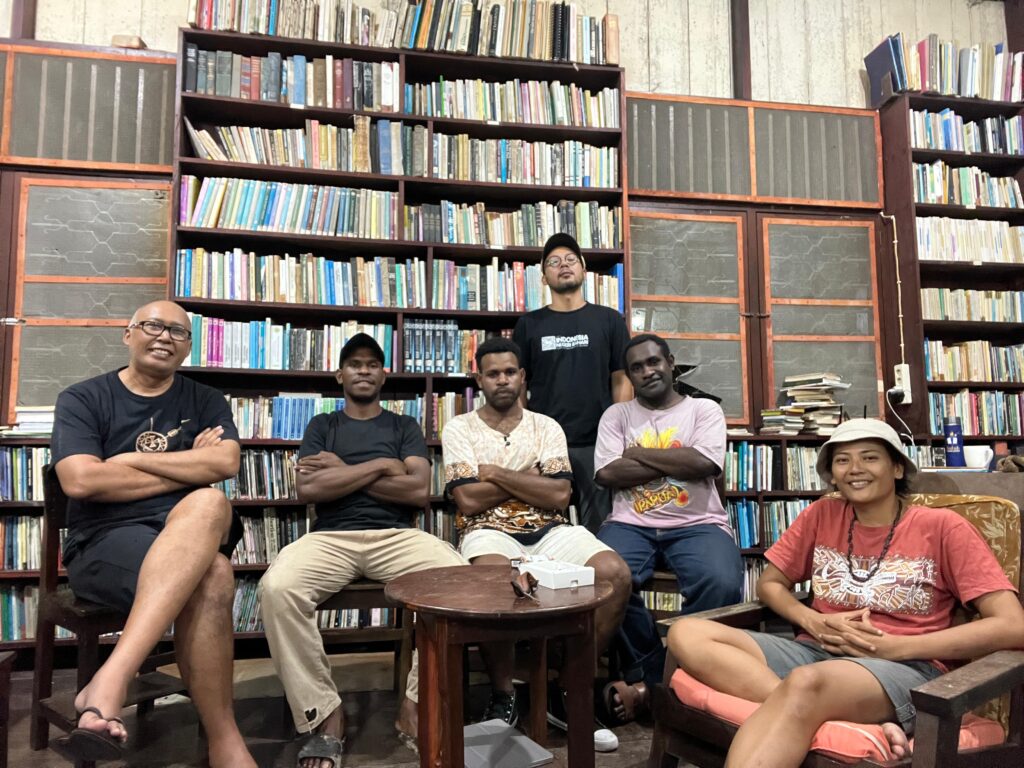
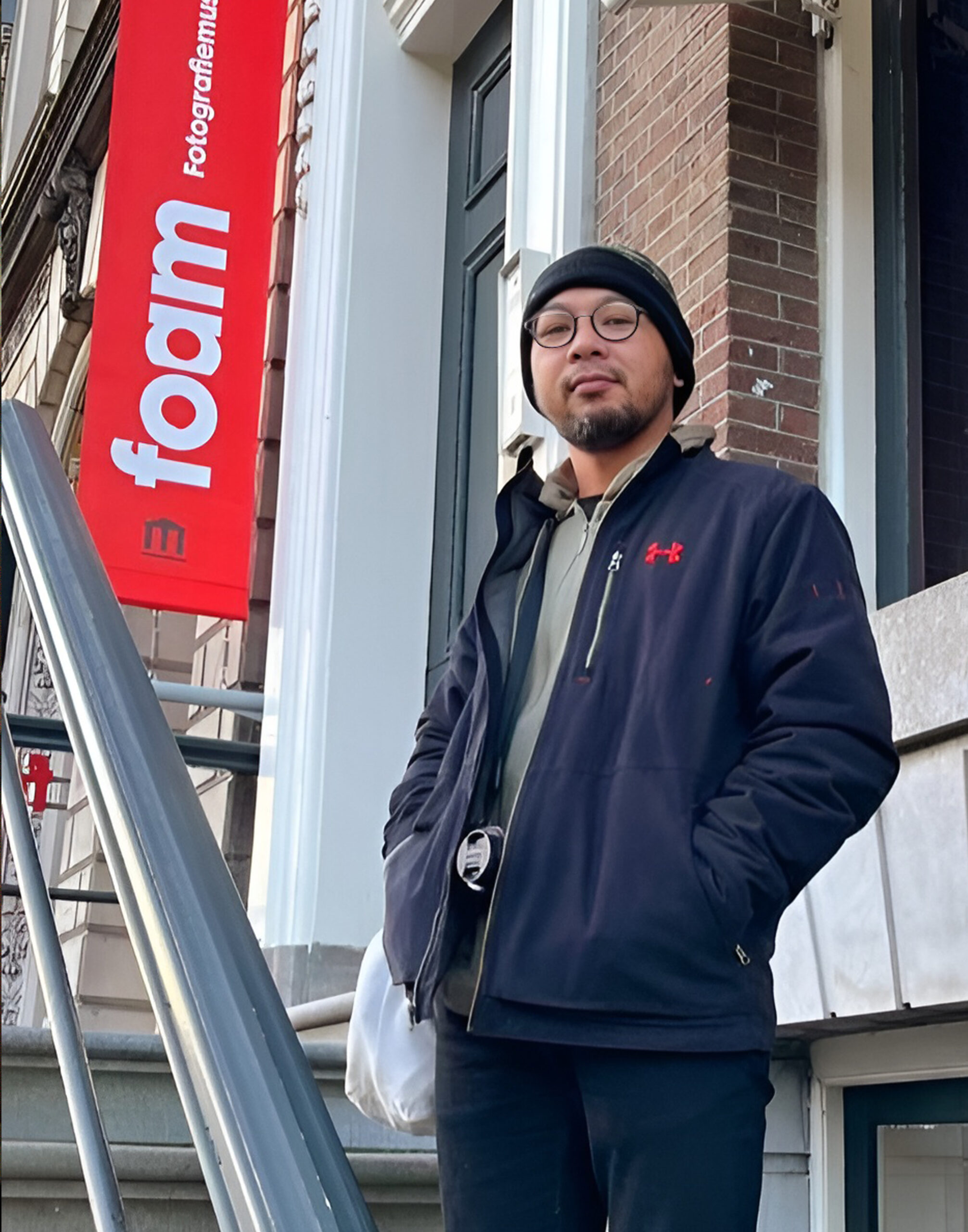
Archivist
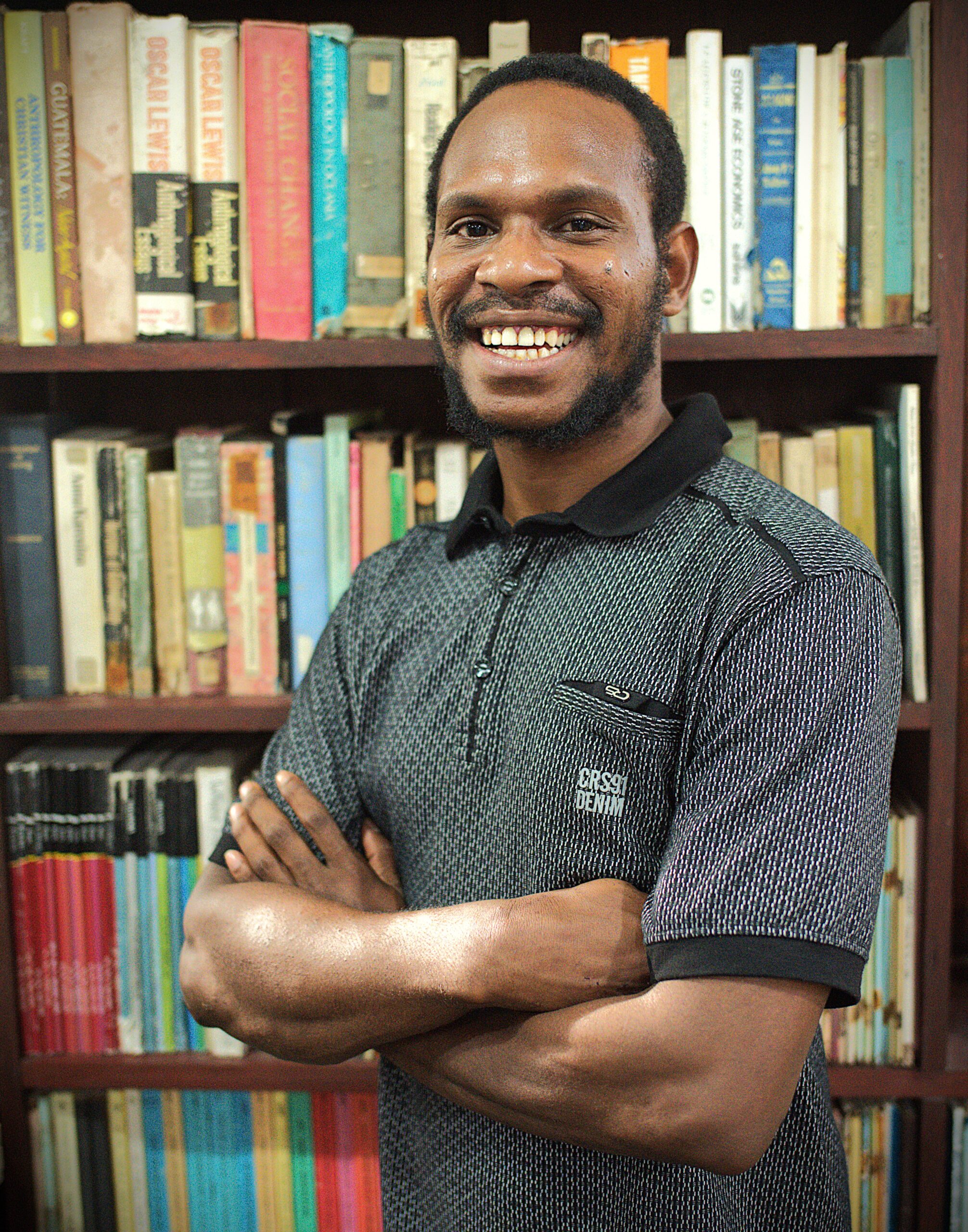
Program Public
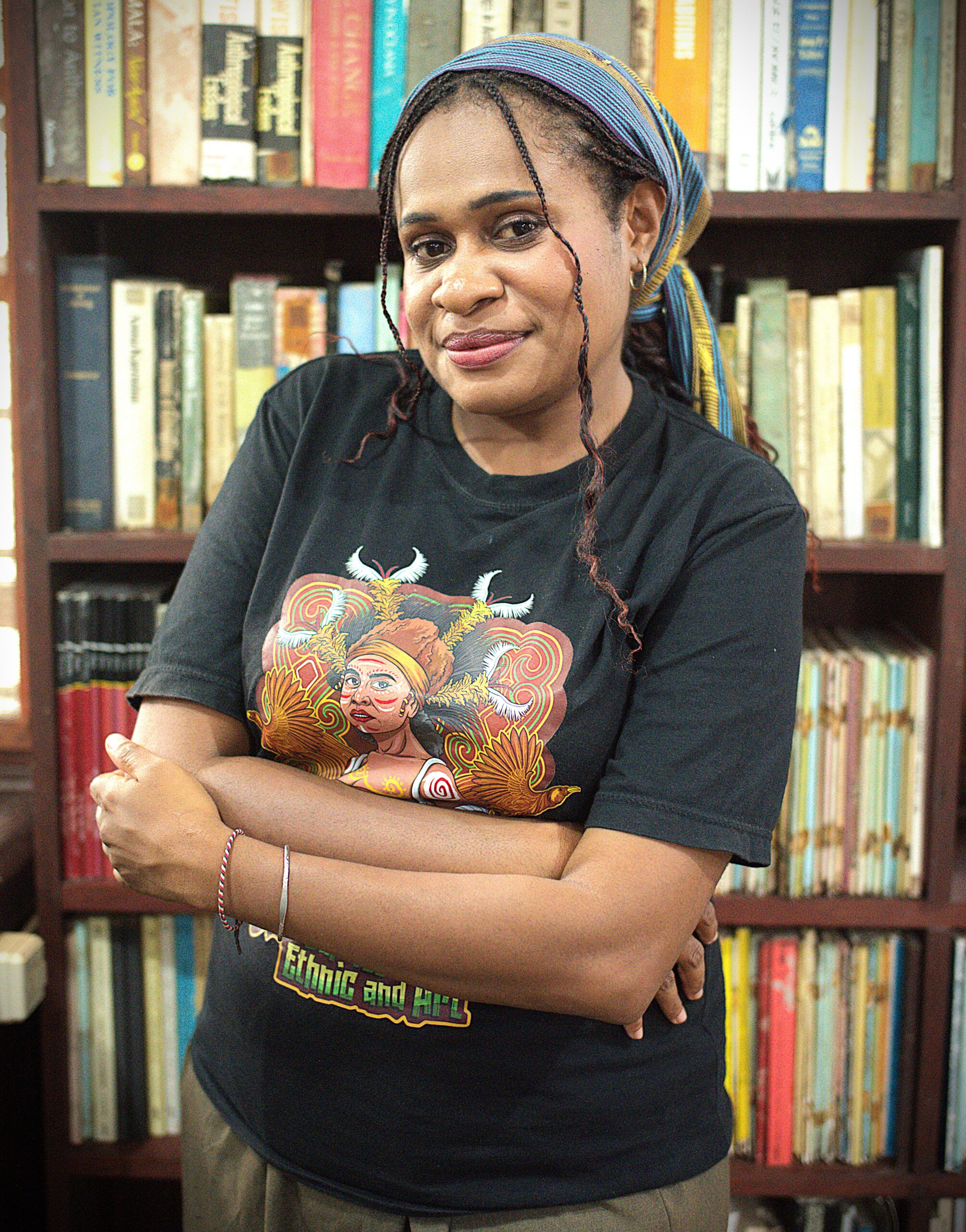
Program Public
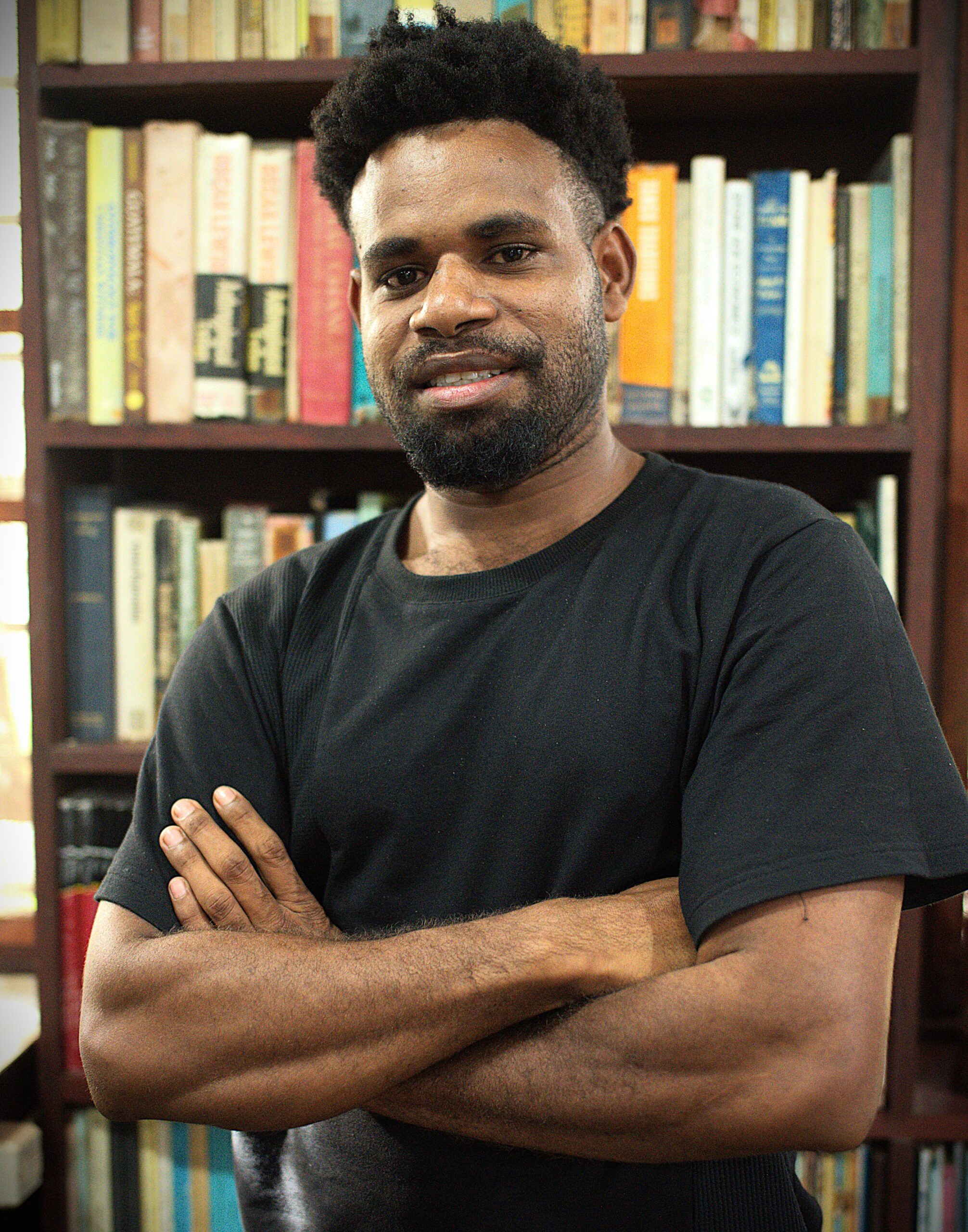
Archivist
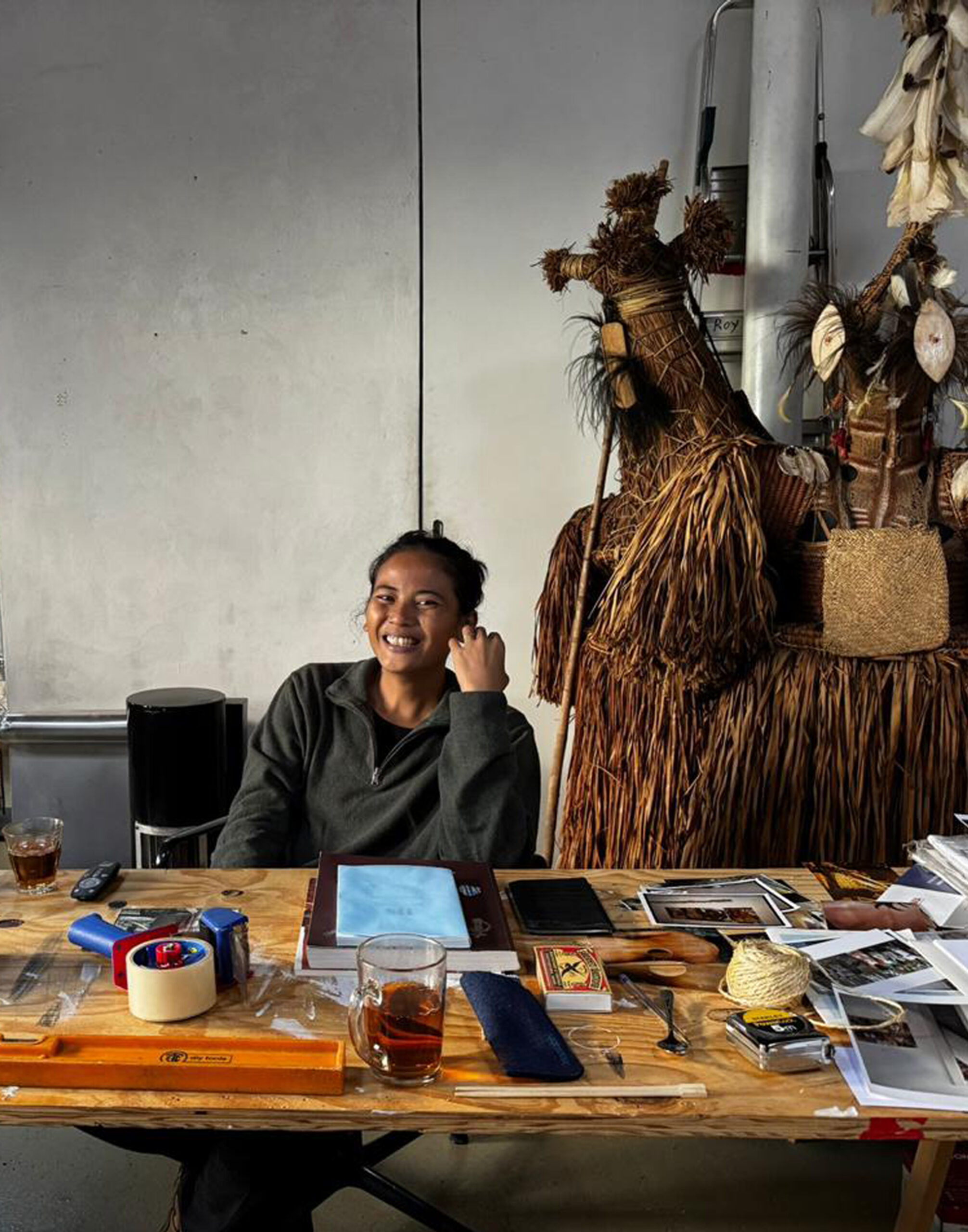
Researcher
What We Do

Pengarsipan: Merawat Memori Kolektif Asmat.
Dalam upaya melestarikan jejak sejarah dan budaya masyarakat Asmat, kami bertujuan untuk mengumpulkan, merawat, dan mengelola berbagai bentuk arsip secara profesional dan kontekstual.
Kami mengumpulkan arsip dari masyarakat melalui kolaborasi dengan desa, gereja, sekolah, dan lembaga di dalam dan luar negeri. Proses ini melibatkan identifikasi dokumen, foto, dan benda-benda bersejarah yang memiliki nilai budaya signifikan.
Semua arsip didigitalisasi dan dikatalogkan untuk memastikan akses yang aman dan berkelanjutan. Kami juga merekam sejarah lisan dari para tetua dan tokoh sejarah, mengumpulkannya sebagai bagian integral dari narasi kolektif Asmat.
Untuk memastikan keberlanjutan, kami memberikan pelatihan tentang praktik pengelolaan arsip yang baik kepada kaum muda Asmat, termasuk staf dan sukarelawan. Melalui pameran sementara dan keliling, kami berbagi hasil kerja kami dengan masyarakat, menciptakan ruang untuk refleksi dan kebanggaan akan warisan budaya kami.
Penelitian: Memahami Orang Asmat dari Perspektif Masyarakat Adat
Banyak program eksternal gagal karena kurangnya pemahaman tentang konteks sosial dan budaya masyarakat Asmat.
Pusat Arsip dan Penelitian Budaya Asmat melakukan penelitian kualitatif berdasarkan arsip, wawancara, dan etnografi untuk mengeksplorasi nilai-nilai lokal yang terabaikan.
Pendekatan kami selaras dengan perspektif masyarakat Asmat, bukan sekadar menerapkan standar kontemporer.
Melalui studi materi arsip dan sejarah lisan, kami memperoleh pemahaman yang lebih adil dan mendalam tentang masyarakat Asmat yang mengutamakan identitas budaya.

